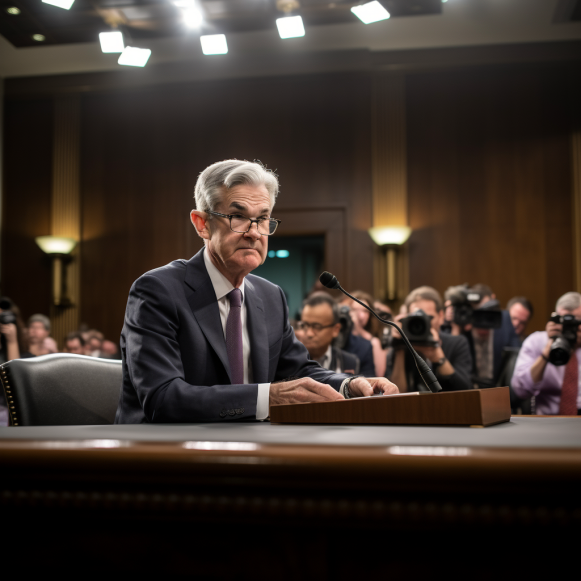The rich are competing with private equity to buy sports teams. Here is how they are getting creative in a crowded field.

- 2023 has been a big year for sports M&A, including a $6 billion sale of the Washington Commanders.
- Valuations show no signs of cooling off with billionaires and private equity firms in bidding wars.
- Bankers to the rich told Insider which sports are drawing moneyed clients.
Mergers and acquisitions have slowed in most industries around the world, but demand for sports teams has never been higher.
Sports franchises were once considered trophy assets, but they have now emerged as an asset class with strong returns. According to PitchBook, the average price return for an NBA team from 2002 to 2021 was 1,057%.
Now, wealthy individuals must compete for a limited number of teams with institutional investors such as private equity firms and sovereign wealth funds. As a result, aspiring team owners have had to get more creative in order to close the deal.
Many people are banding together to raise enough money for a controlling stake. Actors Ryan Reynolds and Rob McElhenney, for example, paid $2.5 million for Welsh minor-league soccer club Wrexham AFC in 2021. Less popular sports, such as pickleball, are attracting investors as well, with LeBron James purchasing a team in October.
Even billionaires are looking for opportunities abroad, such as Marc Lasry, former co-owner of the NBA’s Milwaukee Bucks, who is interested in African and Asian basketball teams.
According to Brian Kantarian, head of sports finance at JPMorgan’s private bank, these trends are likely to continue as valuations show no signs of cooling. According to Insider, a controlling stake in an NFL team requires at least $2 billion in cash equity. This summer, Apollo cofounder Josh Harris paid a record-breaking $6.05 billion for the NFL’s Washington Commanders.
“Some of what’s driving interest towards these more nascent leagues is that the entry point is achievable, especially if you want to have a say in club operations and be any kind of decision-maker,” Kantarian told.
Most investors become passionate owners even if they weren’t sports buffs before
Many people consider professional sports to be a recession-proof investment. Even when disposable income falls, some consumers continue to go to games to distract themselves from their problems, according to Kantarian.
“Sports, given the passion aspect of it, will continue to play an important role in people’s lives,” he predicted.
According to Ivo Voynov, Citi Private Bank’s head of sport finance, much of this resilience can be attributed to the rising value of media rights.
He has noticed that newer investors, whether from the tech or private equity sectors, have brought a new level of sophistication to sports team ownership. Because the cost of controlling stakes has risen, many have formed syndicates of other high-net-worth limited partners to purchase teams.
“It’s brought this sense of building up real companies around these assets that used to be thought of as nice-to-have trophy assets that you could talk about at cocktail parties,” he told Insider.
According to Voynov, American investors are also becoming more dominant in European soccer leagues. According to PitchBook, more than a third of clubs in Europe’s Big Five soccer leagues are backed by US investors, including private equity firms and high-net-worth individuals.
“The perception is that there are a lot of inefficiencies in the way clubs are run there,” he said. “You could potentially bring some of the lessons learned in the US to Europe and improve operations, whether it’s data and analytics.”
Many investors have no emotional attachment to their franchises before signing the deal.
“I think it’s my biggest competitive advantage that I don’t get emotionally attached,” RedBird Capital CEO Gerry Cardinale said in December to Insider. “They’re all pieces of intellectual property that have a legitimate right to be monetized so long as they balance the fan-social contract at the same time.”
According to Kantarian and Voynov, most team owners, however, become personally invested.
“A lot of the owners we work with, they may have approached the investment initially looking at the metrics, financials, and growth rates, but they get in the owner’s seat and suddenly they want to win,” Kantarian told.
Valuations show no signs of cooling off, but there is a ceiling for transactions
Despite a surge in M&A activity, the number of sports teams remains relatively stable. Starting a new league is both risky and costly. The XFL, a spring football league, is in its third season after debuting more than two decades ago.
Advising on European soccer transactions has proven to be lucrative for Wall Street banks. However, banks have shown little interest in emerging sports such as pickleball. JPMorgan, for example, will not finance debt if the league is less than ten years old, according to Kantarian. The bank also considers the existing owners involved, as well as whether they are current or prospective clients.
According to Voynov, these investments are typically regarded as evergreen investments.
“It will never be a private equity model where these assets are exited every five years,” he told Insider. “You’re becoming a part of the community, so it’s not as easy to get out of those situations.”






